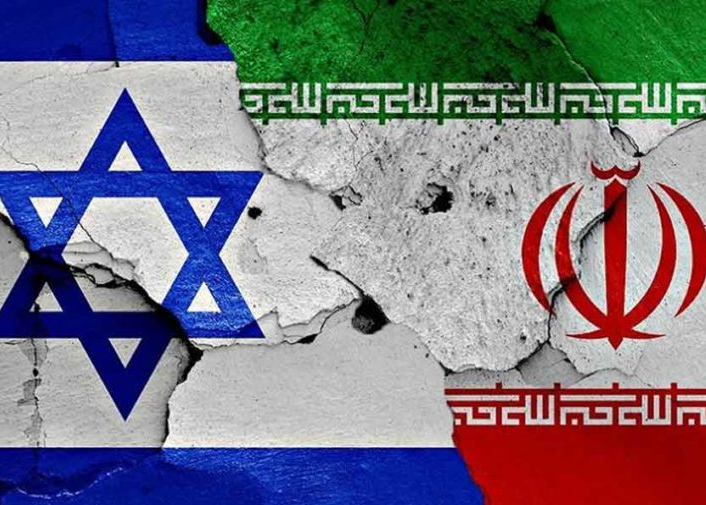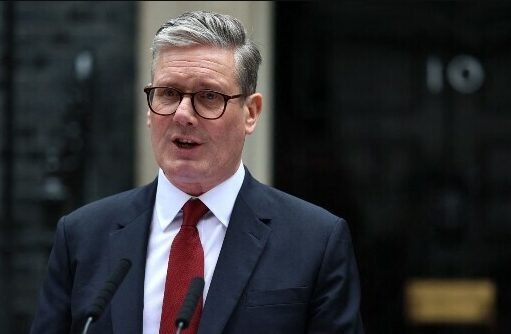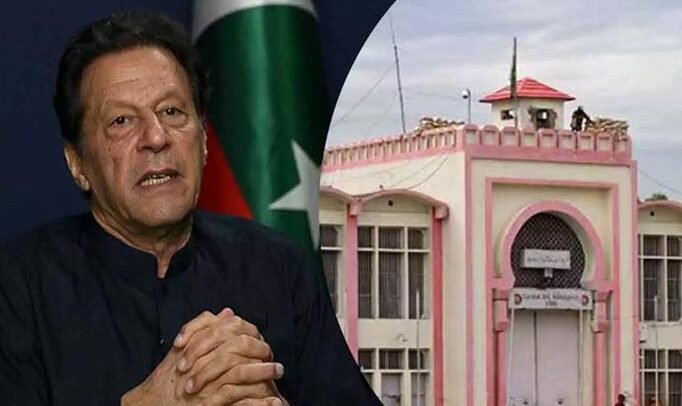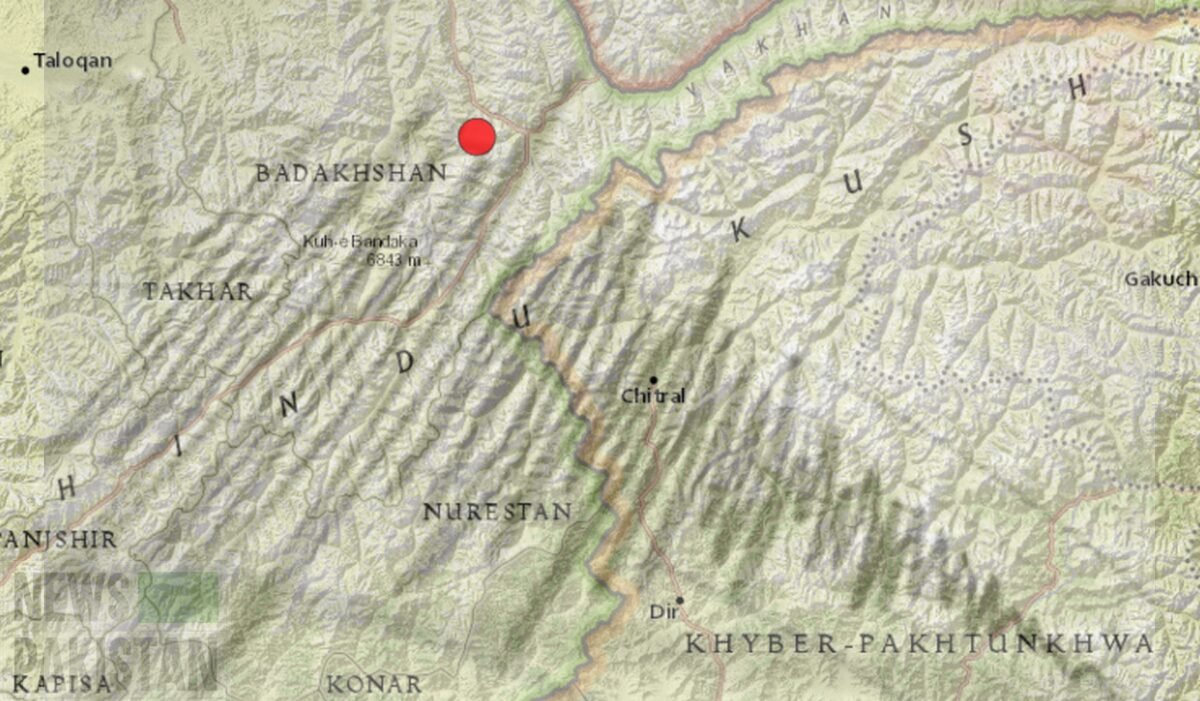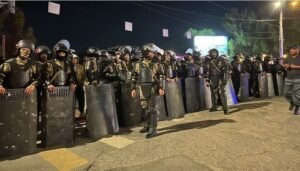WASHINGTON: Mexico scrambled today to slow the flow of C. American migrants to the US as talks continued here to head off Trump’s threat of potentially catastrophic tariffs on its goods.
Mexico City blocked a new caravan of some 1,200 people near its southern border with Guatemala, detained two migrant rights activists, and froze the bank accounts of suspected human traffickers in hopes of appeasing Washington’s demands.
But in the US capital, negotiators holding the second day of talks at the State Department were far apart on issues including asylum application procedures and financial aid to the Central American countries where most of the migrants hail from.
With migrant apprehensions at the border with Mexico soaring to 144,000 in May, the highest number in 13 years, the Trump administration has threatened to hit all imports from Mexico with a five percent tariff starting Monday, a move that could savage the export-dependent Mexican economy.
Trump made the threat last week, saying that the tariffs would rise by five percentage points each month to a high of 25 percent if the southern US neighbor fails to halt the northward flow of migrants.
“They have step up to the plate, and perhaps they will,” Trump told reporters in France where he was attending D-Day commemorations.
“We’ve told Mexico the tariffs go on, and I mean it too.”
“Looks like we’re moving toward the path of tariffs,” White House communications chief Mercedes Schlapp said on Fox News.
“What we’ve seen so far, the Mexicans what they are proposing is simply not enough.”
Mexican Foreign Minister Marcelo Ebrard led his country’s delegation in the second day of talks in Washington.
“Yes, I think we have advanced today,” he told reporters after more than two hours of negotiations with mid-level US officials.
He declined to comment on whether the talks at the State Department revisited the so-called “safe third-country” option proposed by the United States, which aims at having Central American migrants fleeing chronic poverty and violence apply for asylum from Mexico rather than in the United States.
Earlier in the week, Ebrard rejected the idea, but the White House declared it one of its demands.
The Washington Post reported that Mexico has promised to deploy 6,000 of its national guard troops to lock down the Guatemala border region.
It also said a potential deal to avoid the tariffs would allow the United States to deport asylum seekers from Honduras and El Salvador to Guatemala, which they pass through to get to Mexico and then the United States.
Ebrard’s spokesman Robert Velasco Alvarez said Thursday afternoon that there was no deal as the two sides were far apart, but that talks continue.
“The US position is focused on migrant control measures, ours is on development,” he said, referring to Mexico’s support of a broader effort to support the economies of the three countries.
At Mexico’s southern border Thursday, there were visible efforts to slow the migrants and hinder their supporters.
In the southern state of Chiapas, AFP journalists reported increased police and military presence on roads typically used by migrants heading north.
Two activists from People Without Borders (Pueblo Sin Fronteras), which has helped organize migrant caravans, were arrested on allegations of offering migrants money to enter Mexico illegally.
Interior Minister Olga Sanchez said Mexico is also investigating “organizations that recruit migrants on social networks to enter (the country) in caravans.”
Meanwhile, Carla Provost, the head of the US Border Patrol, downplayed the issue of asylum, saying migrants simply understand that, due to US laws, if they arrive with children, they will likely be released into the United States.
She noted that since October, 230,000 children without legal travel documents have crossed the border into the United States, most with families but also tens of thousands of unaccompanied by adults.
“The issue is they don’t even have to claim asylum, they know that,” Border Patrol chief Carla Provost told CNN.
“They are telling us they are told by smugglers, they are hearing announcements in their own country, that if they come right now and bring a child, they will be released,” she said.
“That is a true statement because we cannot hold them longer than 20 days if they have a child.”
app
